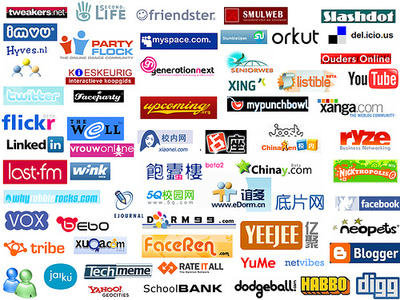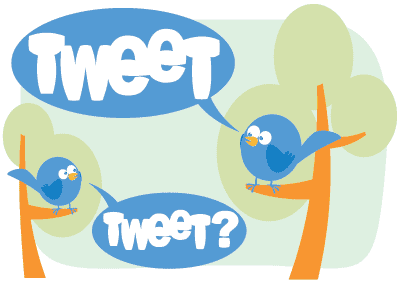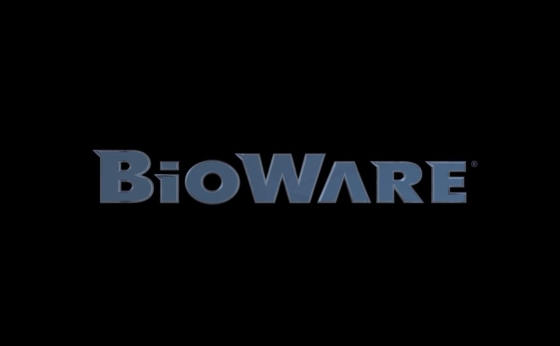It's not easy being a video game publisher. On the surface, yes, it may seem like an ideal circumstance…being one of the top rankers of an industry that churns out more money then most of us will ever see in a lifetime, jetting around the world, talking to others as influential as yourself and being cheered at(most of the time) by hordes of fans at every venue you appear at. Honestly, it seems that nothing could be better, right?
Well…not exactly.
Being a publisher of video games means having to split your focus in several ways…what the end user will think of it, what those in the vicinity of the end user will think, what various watchdog agencies, either for or against, who monitor the industry will think and also how to use their product to leverage interest from those who don't play games already. Needless to say, this involves a lot of networking, but the sheer scale of what's involved does present some challenges and questions that gaming companies have to tackle. Primary amongst them these days is how they manage to add that personal touch that is so necessary where fan response is such an all encompassing factor?
The answer is simple. Social networking.
It's a great tool for breaking down the barriers between customers…Facebook, Twitter, all those places that you parents often wonder what you see in them…they're invaluable to gaming companies. However, while many companies do maintain inroads on these sites you have to wonder how many of them are fully on board with the idea, or just have it to have it? Well, I can't offer you a list of every company that carefully responds to and monitors it's social networking, but I do know of one in particular that has been utilizing social networking capability in a very beneficial way.
A few weeks ago on IGN there was a piece about Casey Hudson, the Executive Producer of the Mass Effect series, had opened up a Twitter account and was inviting players to offer their views on what sort of gameplay and story additions they'd like to see in the next game in the Mass Effect universe…missions, who they'd like to interact with, whatever they'd like to see, anything and everything. Not only that, but Hudson regularly posts, or "Tweets" is what I guess you're supposed to say, back with his comments regarding the posts that gamers have made, or just about anything at all he's doing, gamer related or no.
That's one of the things that makes me continue to hold Bioware in such esteem. Irregardless of what you think of the ending of ME3 and the alterations Bioware made to it, they have realized that they don't want any such thing to happen again, and are taking steps to open up a greater level of communication between the fans and the people who create the games. Like so much in life it's all about finding balance…the players have their vision, the publisher has theirs, and the developer has yet a third. Bioware is investing time and effort into the creation of social media outlets to create, and hopefully strengthen, better channels between these three groups and their often disparate needs. According to what Mr. Hudson has been saying in his replies to the Twitter feed he opened to canvass peoples’ views on what ME4 should be like, the responses have been numerous indeed. I myself can testify to this, having made over a dozen myself.



